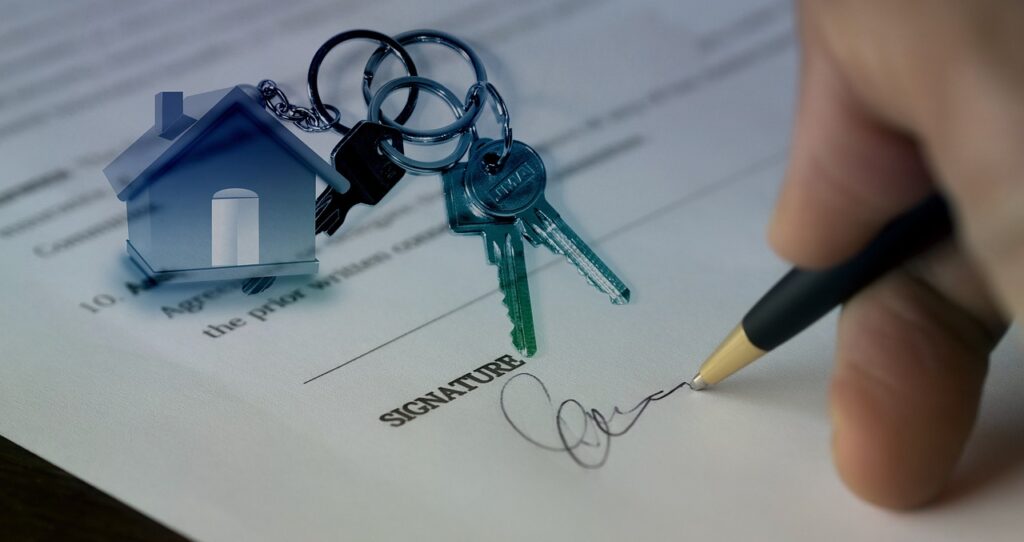How to Avoid Common Mistakes When Buying a Business
Are you considering buying a business? Whether you’re a real estate investor looking to expand your portfolio, a borrower seeking a new venture, or a lender looking for a profitable opportunity, acquiring a business can be a great investment. However, it can also be a complex and risky process, filled with potential pitfalls that could have serious financial consequences. That’s why it’s crucial to follow the best practices for avoiding common mistakes when buying a business.
In this guide, we will walk you through the essential steps to take when considering a business purchase. We’ll cover everything from defining your goals and criteria to conducting proper due diligence and seeking professional advice. We’ll also discuss the importance of negotiating the purchase price and having a solid plan for the future of the business. Additionally, we’ll explore some next-level best practices to help you take your business buying skills to the next level.
By following these best practices, you can avoid common mistakes and increase your chances of success when buying a business. So, let’s get started!
The Cost of Mistakes When Buying a Business
There are many common mistakes that can occur when buying a business. These mistakes can be costly and lead to undesirable outcomes. Here are a few examples of the potential consequences of these mistakes:
- Overpaying for the business: This mistake can lead to negative cash flow, reduced profitability, and a lower return on investment.
- Not conducting proper due diligence: This can lead to a failure to uncover issues that may have a significant impact on the business’s value, such as outstanding liabilities, legal disputes, or problematic customer relationships.
- Ignoring important legal and financial considerations: This can lead to significant legal and financial consequences, such as regulatory penalties or lawsuits, that can adversely affect the business’s profitability and value.
- Underestimating the amount of work required to turn the business around: This can lead to disappointment and frustration when the expected returns on investment do not materialize as planned.
- Choosing the wrong business to buy: This can lead to a mismatch between the investor’s skillset, interests, and experience, and the business’s requirements, leading to poor performance and reduced profitability.
As you can see, these mistakes can have serious implications for the success of your investment. Therefore, it is essential to avoid these common pitfalls by following best practices.
Best Practices for Avoiding Common Mistakes When Buying a Business
Here are the best practices you should follow to avoid common mistakes when buying a business:
- 1. Define Your Goals and Criteria
- The first step in avoiding common mistakes when buying a business is to define your goals and criteria. What are you looking for in a business? What industries are you interested in? What size of business are you looking for? By defining your goals and criteria, you can narrow down your search and focus on businesses that meet your specific needs.
- 2. Conduct Proper Due Diligence
- Conducting proper due diligence is critical to avoid common mistakes when buying a business. Due diligence involves a comprehensive review of the business’s financial, legal, and operational records. This review will help you identify any potential issues that could impact the business’s value, such as outstanding debts, legal disputes, or operational inefficiencies. It is essential to enlist the help of professionals such as lawyers, accountants, and business brokers to assist you in conducting due diligence.
- 3. Seek Professional Advice
- Seeking professional advice is another essential best practice to avoid common mistakes when buying a business. Professionals can help you navigate the legal and financial considerations of buying a business and ensure that you make informed decisions. Additionally, they can help you identify potential risks and advise you on how to mitigate them.
- 4. Negotiate the Purchase Price
- Once you have done your due diligence, the next step is to negotiate the purchase price. Do not be afraid to negotiate with the seller to arrive at a mutually agreeable price. Consider hiring a professional negotiator to help you get the best possible deal. Negotiating the purchase price can help you avoid overpaying for the business and ensure that you get a fair return on investment.
- 5. Have a Plan for the Future
- Finally, it is essential to have a plan for the future of the business. What are your goals for the business? What changes do you plan to make? Having a solid plan can help you stay focused and ensure that you are making progress towards your goals. Additionally, it can help you avoid the mistake of underestimating the amount of work required to turn the business around.
Next Level Best Practices
If you want to take your business buying skills to the next level, consider the following best practices:
- Develop a deep understanding of the industry you are interested in: By developing a deep understanding of the industry you are interested in, you can identify trends, challenges, and opportunities that can help you make informed decisions.
- Build a network of experts in the industry: Building a network of experts in the industry can provide you with valuable insights, advice, and connections that can help you succeed.
- Understand the competition and the market: Understanding the competition and the market can help you identify opportunities for growth and differentiate yourself from competitors.
- Consider the cultural fit of the business: The cultural fit of the business is an essential factor in its success. Consider whether the business’s culture aligns with your values, goals, and management style.
- Have a solid understanding of the seller’s motivation to sell: Understanding the seller’s motivation to sell can help you negotiate a better deal and avoid potential issues.
By following these next-level best practices, you can increase your chances of success and make smarter, more informed decisions.
The Importance of Facts
Throughout this guide, we have emphasized the importance of doing your research and making informed decisions. The more facts you have, the better equipped you will be to avoid common mistakes and make smart decisions. Therefore, take the time to gather as much information as possible about the business and its industry before making a decision.
Final Words
Buying a business can be an excellent investment for real estate investors, borrowers, and lenders. However, the process of acquiring a business can be complex and fraught with pitfalls. To avoid common mistakes when buying a business, it is essential to define your goals and criteria, conduct proper due diligence, seek professional advice, negotiate the purchase price, and have a plan for the future. By following these best practices, you can increase your chances of success and make smarter, more informed decisions.
What’s Your Next Step?
Now that you know the best practices for avoiding common mistakes when buying a business, what’s your next step? Are you ready to start looking for a business to buy? Do you need to build your network of industry experts? Whatever your next step is, take action today and start making progress towards your goals.
Remember, if you have any questions or need more information, don’t hesitate to reach out. We’re here to help you succeed in your business buying endeavors.

